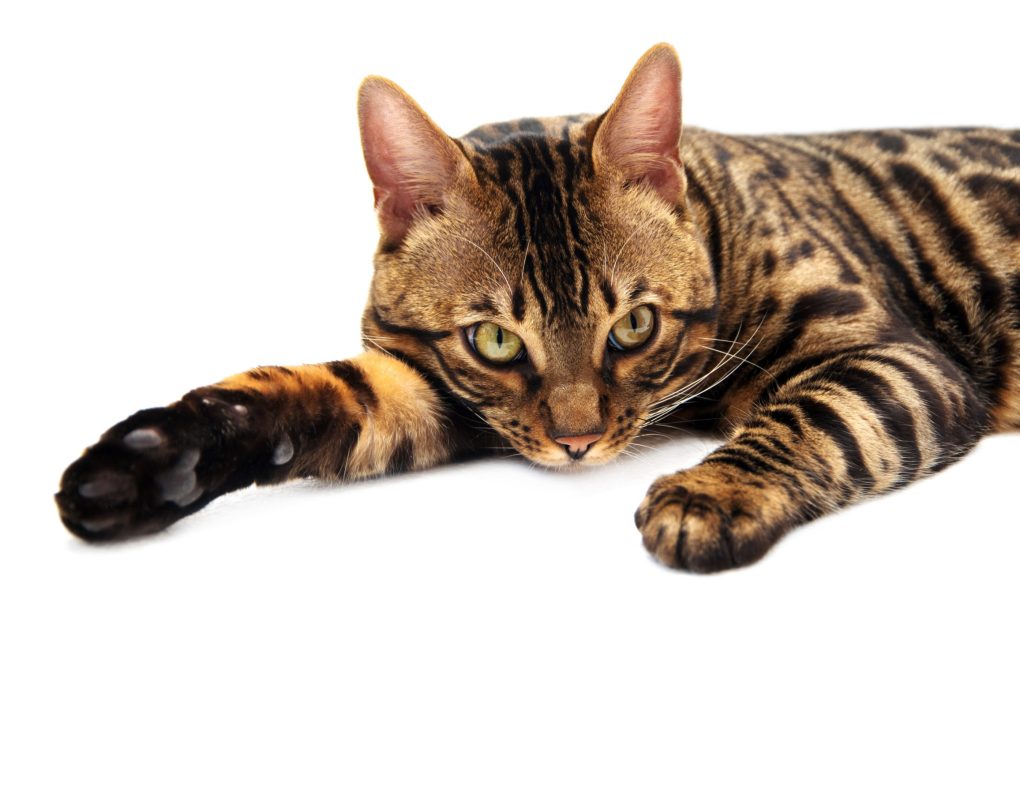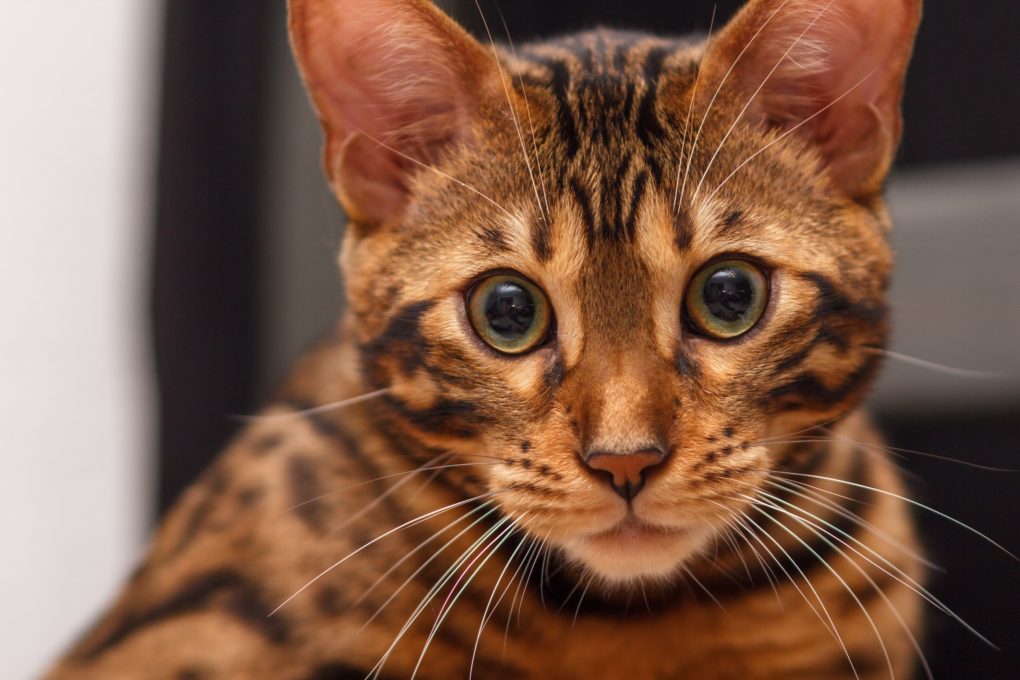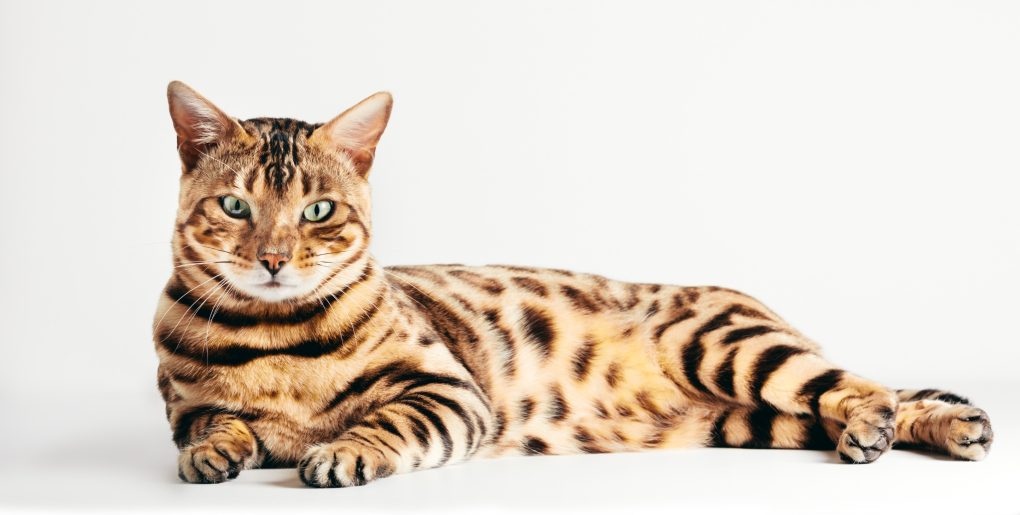Are Bengal Cats High Maintenance: A Comprehensive Guide on Owning a Bengal Cat
Yes, Bengal cats are known for being active and curious, which can make them high-maintenance in terms of play and exercise. If you’re considering getting a Bengal cat, you may wonder if this breed is hypoallergenic since they require high maintenance. Unfortunately, the answer is that Bengal cats are not hypoallergenic. They also tend to be vocal and may require more attention and interaction than other cat breeds. However, their grooming needs are similar to other domestic cats, and they do not require any special grooming beyond regular brushing.
Table of Contents
Reasons Why Bengals Are High-Maintenance
Social Cats
Bengal cats are high-maintenance cats due to their social nature. They require much attention and care and can be challenging to handle. They need to be kept entertained so they don’t become bored, and Bengals often require regular exercise to stay healthy. As high-maintenance cats, Bengals require much TLC but are worth the effort. They are sweet, intelligent cats who deserve a loving home.


High Need for Exercise
For a good reason, Bengal cats are among the most popular cat breeds in the world. They are lovely and have a unique coat that often ranges from silver to black. Additionally, Bengal cats have a high energy level and require a lot of stimulation to be happy. This high need for exercise can lead to problems if not handled correctly.
Need to Be Mentally Stimulated
Bengals typically need regular playtime and interaction with their owners to keep them mentally stimulated and content. Therefore, providing your Bengal cat with the stimulation it needs to stay happy and healthy is vital. You can do this by regularly taking them to cat-friendly places such as cat cafes, catwalks, cat shows, and other feline-focused events.
Clean Litter Box
Bengal cats are known for being high-class cat owners who groom themselves regularly and keep their litter boxes clean and free of debris. You will need to clean the cat’s litter box regularly to prevent it from becoming smelly or messy.
Additionally, Bengal cats like to keep their environment clean, so it’s essential to ensure that your cat’s litter box is always free of litter and catnip. If you don’t take care of your Bengal cat’s litter box, it may start using other areas in your home as toilets. This can lead to health issues and a poor cat-human relationship.
Grooming
Bengal cats have a short, shiny coat that is relatively low maintenance when it comes to grooming. They do not require regular trimming or professional grooming like some long-haired breeds, but it is still essential to maintain their coat to keep them shiny and healthy. Here are some tips for grooming a Bengal cat:
- Brush their coat regularly: Use a soft-bristled brush to remove loose hair and prevent matting. This will also help to distribute the natural oils in their coat, giving them a healthy shine.
- Bathe them occasionally: Bengal cats do not need regular baths, but you can bathe them occasionally if they get dirty or have a strong odor. Be sure to use a mild, cat-specific shampoo to avoid irritation.
- Trim their nails: Bengal cats have sharp claws that must be regularly trimmed to prevent injuries and to maintain their coat health and appearance. Additionally, Bengal cat owners must prevent skin infections by regularly cleaning their feet and trimming their cat’s nails.
- Clean their ears: Bengal cats have sensitive ears, so keeping them clean and free of wax build-up is essential. Use a cotton ball or a soft cloth dampened with warm water or ear cleaning solution to gently clean the ears.
- Brush their teeth: According to RSPCA Pet Insurance, dental hygiene is essential for cats, so brush their teeth at least once a week using a toothbrush and toothpaste designed for cats.
Bengal Cat’s Diet
Bengal cats are high-maintenance pets. They require a balanced diet of fresh, healthy food and water, premium wet cat food, and small amounts of dry cat food. The dietary needs of a Bengal cat vary depending on the age, breed, gender, and stage of its life. Therefore, monitoring your cat’s dietary needs regularly is vital to ensure it is getting the proper nutrients.
Dry Food


Bengal cats need a high-energy diet to support their high activity levels and typically prefer dry food over cat food. Dry food is easy to digest, has the right amount of nutrients, and is the best choice for Bengal cats as it helps keep their teeth clean and healthy. Therefore, it is crucial to provide Bengal cats with a high-energy diet suitable for their unique needs and lifestyle.
Wet Food
Wet food can be a good option for feeding your Bengal cat, as it has a higher moisture content than dry food and can help to keep your cat hydrated. When choosing wet food for your Bengal cat, it is crucial to look for a diet that:
- Contains high-quality animal-based protein as the main ingredient. Chicken, fish, or lamb are good options.
- Includes essential fatty acids, such as omega-3 and omega-6, for a healthy coat and skin.
- Provides the right balance of vitamins and minerals, including vitamin A, vitamin D, vitamin E, and taurine.
- Has no by-products, fillers, or artificial preservatives.
- It fits your cat’s age, size, and activity level. Some brands have different options for different life stages, such as kitten, adult, or senior.
Raw Diet
A raw diet for a Bengal cat consists of uncooked meats, fruits, and vegetables, based on the idea that cats should eat a diet similar to what they would eat in the wild.
Proponents of a raw diet argue that it can provide a more natural and balanced diet for cats and improve their overall health and well-being. However, there are also some risks associated with feeding a raw diet to a Bengal cat, and it’s essential to consider these before deciding to switch your cat to a raw diet.
Risks associated with raw diet:
- Bacterial contamination: Raw meat can contain bacteria such as Salmonella and E. coli, making your cat very ill if consumed.
- Nutritional deficiencies: A raw diet may not provide a balanced source of all the essential nutrients that your cat needs.
- Food handling: Preparing and storing raw food can be risky and lead to food poisoning if not handled properly.
- Health risks: Some cats may have an adverse reaction to a raw diet, such as digestive problems or food allergies.
- Veterinarian opinion: Many veterinarians do not recommend a raw diet for cats due to the potential health risks.
Others
- Protein: Bengal cats are carnivores and require a diet high in animal-based protein. Look for a diet that contains high-quality protein sources, such as chicken, fish, or lamb.
- Fatty acids: Essential fatty acids are important for maintaining a healthy coat, skin, and overall health. Look for a diet that contains omega-3 and omega-6 fatty acids.
- Vitamins and minerals: A balanced diet should contain the right amounts of vitamins and minerals, including vitamin A, vitamin D, vitamin E, and taurine.
- Feeding options: Bengal cats can be fed either wet or dry food. Wet food has a higher moisture content and can help to keep your cat hydrated. Dry food is convenient and easy to store, but it is important to ensure that your cat has access to fresh water.
- Avoid certain foods: Some human foods, such as chocolate, alcohol, caffeine, and some types of fish, like salmon, should be avoided as they can be toxic to cats.
Tips to Keep Your Bengal Cat Healthy and Happy


Provide Plenty of Exercises
Bengal cats are active and enjoy lots of exercise. They require a lot of toys and playthings to keep them entertained. Therefore, providing your cat with plenty of different toys to play with and have fun with is crucial. A healthy Bengal cat will have plenty of energy and playtime, so you should always make sure to provide it with regular opportunities for exercise.
Feed a High-Quality Diet
Bengal cats are high-energy cats that need a high-quality diet to stay healthy and content. The best food for Bengal cats is from high-quality cat meat, poultry, fish, and eggs. Bengal cats are also known to be fussy eaters, so it is essential to feed them a variety of foods to ensure they have all the nutrients they need.
It is also beneficial to feed your cat regularly to help keep them healthy and happy. By feeding your cat a high-quality diet and providing them with regular care and attention, you can help keep them in good health and spirits.
Keep Your Bengal Cat Well-Groomed
Bengal cats are beloved for their playful and affectionate personalities. They make great family pets. However, like all cats, Bengals require special care to stay healthy and happy. It would help if you regularly groomed Bengal cats to keep their fur in good shape since they have dense coats. Regular grooming is one way to ensure your cat stays happy and healthy.
Additionally, you must check Bengal cats for knots and tangles in their fur, which can cause discomfort and itchiness. Therefore, when caring for your Bengal cat, following these tips is essential to ensure its health and happiness.
Provide Plenty of Mental Stimulation
Bengal cats are active and playful pets that require mental stimulation. Providing your cat with toys, puzzles, and other activities will keep them mentally engaged and happy. Regular vet visits are a must to check for health problems and ensure your cat gets the proper nutrition. Keeping your cat mentally and physically engaged can help ensure they live a long and healthy life.
See Vet Regularly
Regular veterinary checkups are vital in keeping your Bengal cat healthy and preventing diseases. Your cat’s veterinarian will perform a health check, including a check of the coat, eyes, ears, and teeth. They may also recommend vaccines and other treatments for your cat.
If you notice any changes in your cat’s behavior or health, be sure to get them checked by a veterinarian as soon as possible. It is essential to have your Bengal cat regularly checked by a vet to help ensure its long-term health and well-being.
